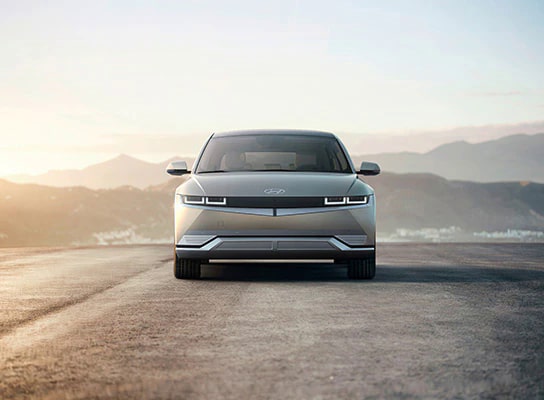4 Things to Remember When Installing an EV Charging Station

Just got yourself a brand new EV charger? Congratulations! You’re about to kickstart a sustainable lifestyle that benefits you and our planet. Quick access to EV charging stations near me make your commutes and trips so much fun and comfortable. The process of installing an EV charging station isn’t complex, however a few measures must be followed for safe and efficient charging.
One Cable Exclusively for the Charging Station:
The cable connecting the fuse box to the EV charging station shouldn’t be used to power any other appliances such as washing machine. A simultaneity factor of 1 is applicable for charging stations. This represents the fact that not all devices are operated at the same time. Also, the circuit for the EV charging stations or the wall box should have AS3000 standards.
The Cable Should be of the Right Measurements:
Choose a cable with a diameter of at least 2.5mm² if the charging current is 16A. Doing so will prevent the danger of the cable burning. Use a 5-conductor supply for three phase, which will help you to charge the vehicle with a charging power of 11-22 KW.
The inner diameter of the cable is dependent on various factors including cable length, potential drop, environmental temperature and type of installation. Therefore, get the assistance of a certified electrician to make sure that you choose a cable with the right diameter meeting your requirement.
With technology developing at a fast pace, advanced chargers with high charging power, and batteries with larger capacities will be introduced in the near future. Therefore, it is ideal to prepare cables for a three-phase connection.
Use a Residual Current Device (RCD) for Safety:
A Residual Current Device helps prevent electric shocks by balancing the current in the live and neutral wires to/from your EV. When the residual current passes through the body of the car or the driver to the ground, the imbalance is detected and the RCD breaks the circuit. It is advised that every charging station is integrated with its own RCD for total safety.
Experts recommend choosing a Type B RCD, as it detects all types of AC and DC currents. This is also the perfect RCD variant for installing EV charging stations.
Get a Circuit Breaker for Your Charger:
A circuit breaker is yet another important safety device. When excess current passes through the cable (such as overload or short circuit), the circuit breaker will break/interrupt the current flow to protect the circuit. Make sure you are installing a circuit breaker to protect the charging station circuit.
Opt for circuit breakers with the tripping characteristic C for EV charging stations. The circuit breaker should align with the nominal current (current drawn by an electrical device), which must not be less than the reading on the charging station’s label.
Always install an EV charger with the help of a pro not just for safety, but to ensure that all the installation requirements and standards are appropriately met.


